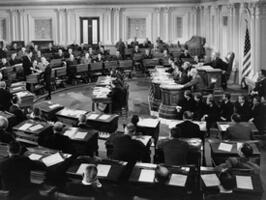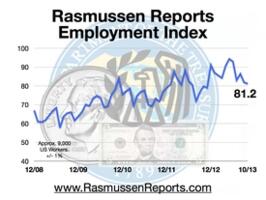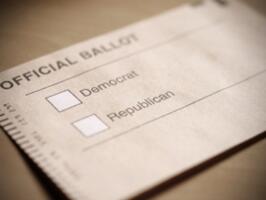Lessons for Both Parties in Virginia and New Jersey Elections by Michael Barone
In an August Washington Examiner column, I argued that this year's governor elections in New Jersey and Virginia would have little precedential significance, unlike some other off-year elections in those states.
Boiled down, my argument was that in New Jersey you had a governor who could not lose and in Virginia you had two governor candidates who could not win.
Michael Barone, senior political analyst for The Washington Examiner (www.washingtonexaminer.com), is a resident fellow at the American Enterprise Institute, a Fox News Channel contributor and a co-author of The Almanac of American Politics. To find out more about Michael Barone, and read features by other Creators writers and cartoonists, visit the Creators Syndicate Web page at www.creators.com.
COPYRIGHT 2013 THE WASHINGTON EXAMINER
DISTRIBUTED BY CREATORS.COM















